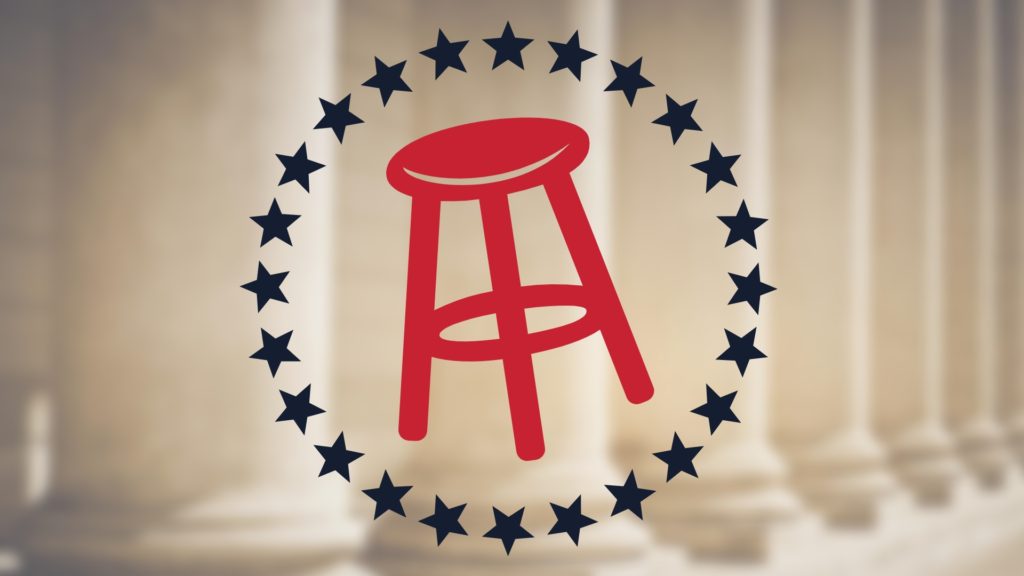
Presidential candidate Robert Kennedy Jr. sued Daily Kos writer David Vickery over a blog post Daily Kos published on August 29, 2020. The post described Kennedy’s participation in a Berlin protest against COVID-19 measures and included various allegations that Kennedy asserted were untrue.
Jurisdictional Challenges
Vickery moved to dismiss the case, arguing the federal court sitting in New Hampshire where plaintiff brought the suit had no personal jurisdiction over Vickery. Kennedy argued that the New Hampshire court could exercise specific personal jurisdiction over Vickrey, based on the effects of the alleged defamation in New Hampshire. But Vickery argued his connection with New Hampshire was minimal – he resided in Maine, had not worked in New Hampshire for over a decade, and did not engage in activities connecting him to the state in the context of the Daily Kos article.
Court’s Analysis and Decision
Applying the principles laid out in the well-known case of Calder v. Jones, the court evaluated the “purposeful availment” aspect of personal jurisdiction. The court observed that Kennedy needed to demonstrate that Vickrey intentionally directed his conduct towards New Hampshire, anticipating that the impact of his actions would be felt there. But the court found that Kennedy’s claims did not hold up under this scrutiny. It found that the article was published long before Kennedy’s presidential run, negating any intention to influence New Hampshire voters specifically. And the continuation of the article’s online presence did not equate to republishing, a key consideration in defamation cases.
Conclusion
So the court ruled in favor of Vickrey, granting his motion to dismiss due to the lack of personal jurisdiction. Kennedy’s motion for preliminary discovery and an evidentiary hearing on the jurisdictional issue was also denied.
Kennedy v. Vickrey, 2024 WL 232104 (D.N.H., January 22, 2024)
See also:

